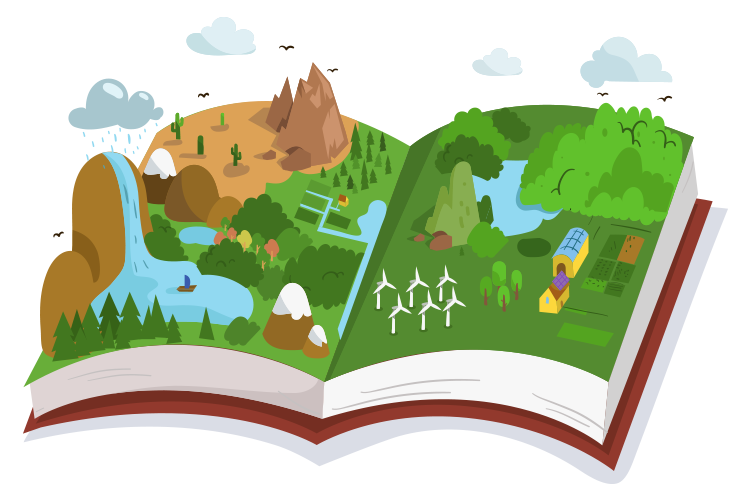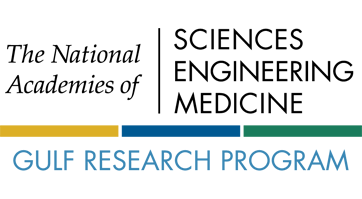iWonder is an exciting project that began with funding from the National Academies of Sciences, Engineering, and Medicine and the National Science Foundation. The project continues work by previous iWonder projects to bring together students, educators, scientists, and community members across varying communities and educational settings. These community stakeholders work toward a common goal to help their communities thrive and enable deep, authentic community learning within co-created community science projects. The iWonder program has been redesigned to be applied to a broader range of community science projects in a variety of contexts and thereby broaden participation.
iWonder is a student-led platform that allows classrooms to develop their own research programs, called investigations, to help them solve a local problem that may be related to environmental challenges.

Communities use the online ‘iWonder about’ space to pose an idea and build investigatable questions. These can then evolve into scientific investigations as the wider community, including scientists and experts, add to the discussions and make questions SMART (Specific, Measurable, Attainable, Realistic/Relevant, Timely).
iWonder investigations tend to fall into one or more of a number of themes.
These themes are:
- Natural resources and how they may be changing over time.
- Water quality – both freshwater and marine.
- Severe weather events
- Ocean Health
- Watersheds
These themes will be expanded as communities work on new problems that they wish to address.
Who Participates?
iWonder about questions can be initiated by ANYONE in the community. Business leaders, elementary school students, teachers, community volunteers and other participants can all have great ideas and local in-depth knowledge of issues that need to be addressed. The important thing about iWonder is that it brings all these people together to work as equals to gather data and draw conclusions that can benefit the wider community.
How Are Schools Involved?
In addition to the Maine coastal and island schools, who have participated in years past, we have expanded our geography to include schools from Mississippi and Alabama. Classroom resources (Common Core, ELA and NGSS) and equipment are provided to these schools and weekly online (Zoom) meetings help teachers to ask questions and work in a wider community. Professional development sessions for teachers will be held each year and a modest stipend is paid to participating teachers.
We are happy to discuss collaboration with any like-minded organization that sees mutual benefit in being involved with iWonder. Please contact Rebecca Clark Uchenna. We are always seeking funding partners to expand the breadth and depth of iWonder.
iWonder in the Larger Research Picture
The iWonder project will continue to enhance understanding of how non-hierarchical online learning communities in a co-created citizen science project frame can enable deep, authentic community learning. Students in the Gulf Coast will engage with peers in coastal Maine, national environmental health experts, and local community stakeholders to develop research questions, collect field data, share results, and discuss strategies to inform the development of action projects that are tied to their communities.
In a non-hierarchical online learning community, participants of all ages and diverse backgrounds will come together to share and build knowledge about a concept that is of interest to them. Every member of the community is both a producer and consumer of the information who brings special expertise to share. To our knowledge, iWonder is one of the only active non-hierarchical online learning communities in the country.

Not a part of the iWonder community yet?

This project is funded by the National Science Foundation, grant #1933491. Any opinions, findings and conclusions or recommendations expressed in these materials are those of the author(s) and do not necessarily reflect the views of the National Science Foundation.

Lorem ipsum dolor sit amet, consectetur adipiscing elit. Suspendisse tincidunt erat sit amet quam viverra, ut porta lectus vulputate. Mauris ut turpis ac enim eleifend scelerisque ut eget mauris. Aenean libero purus, consequat et neque a, vehicula consequat tellus.


